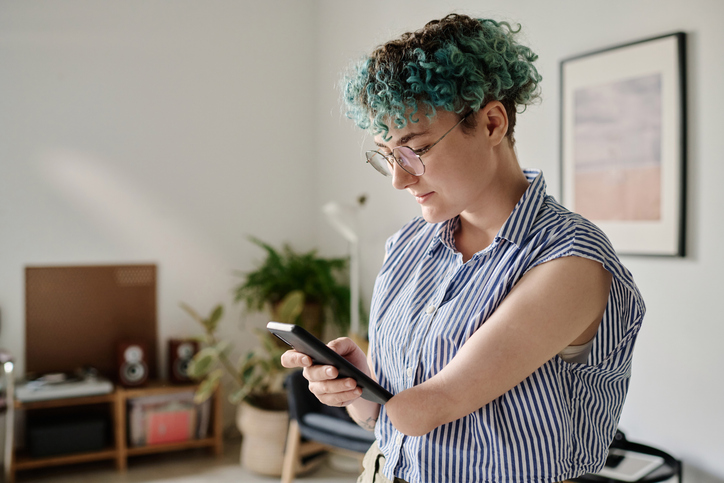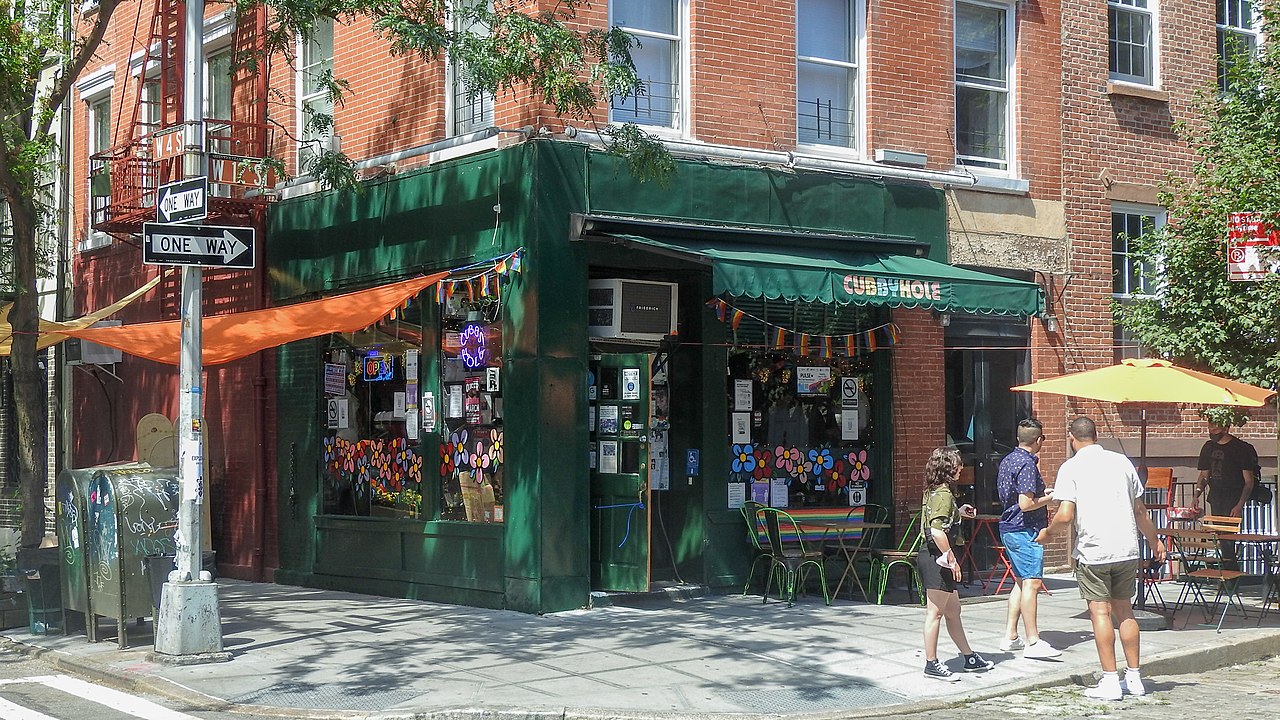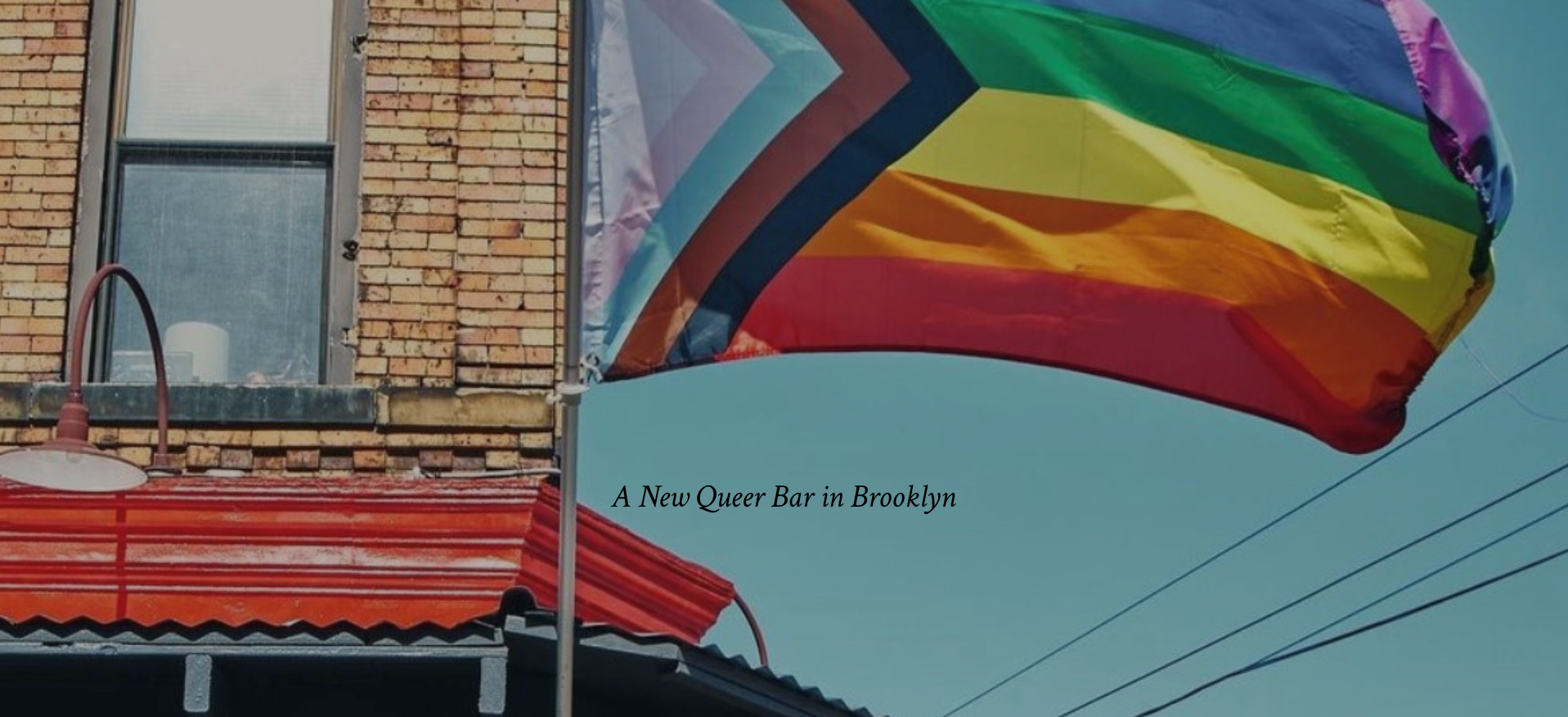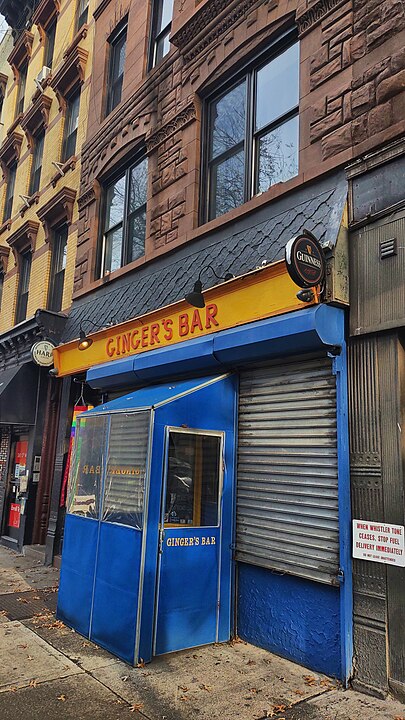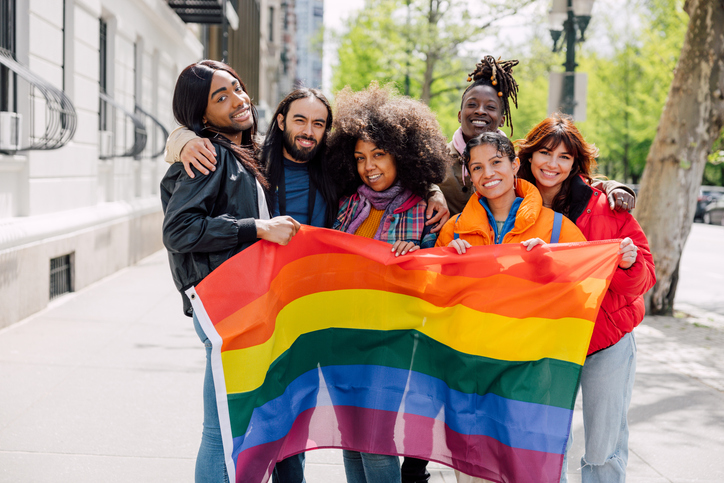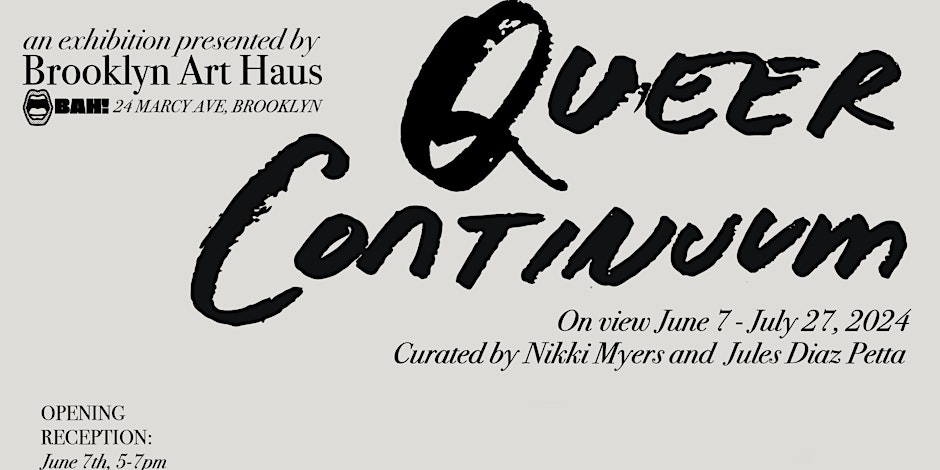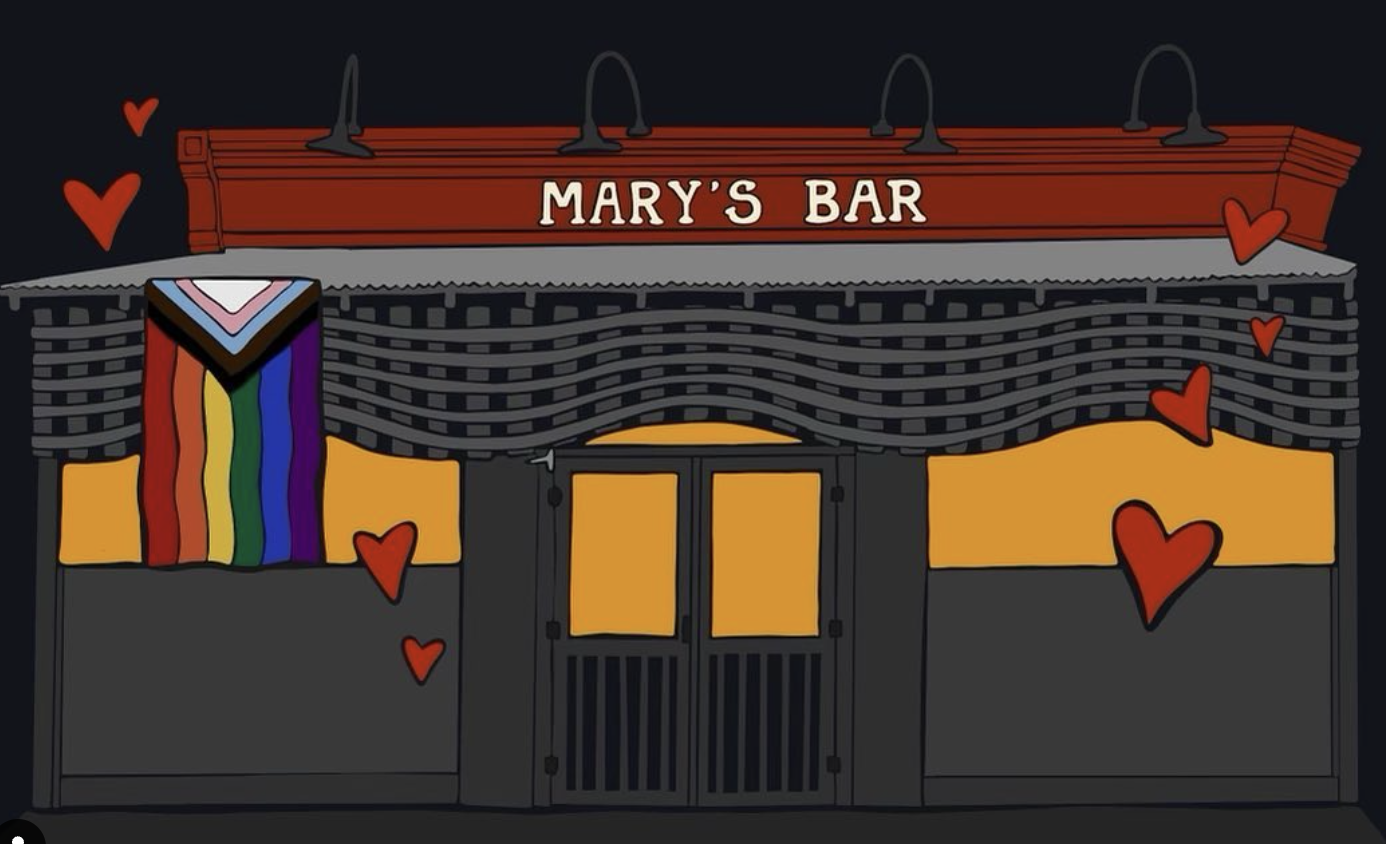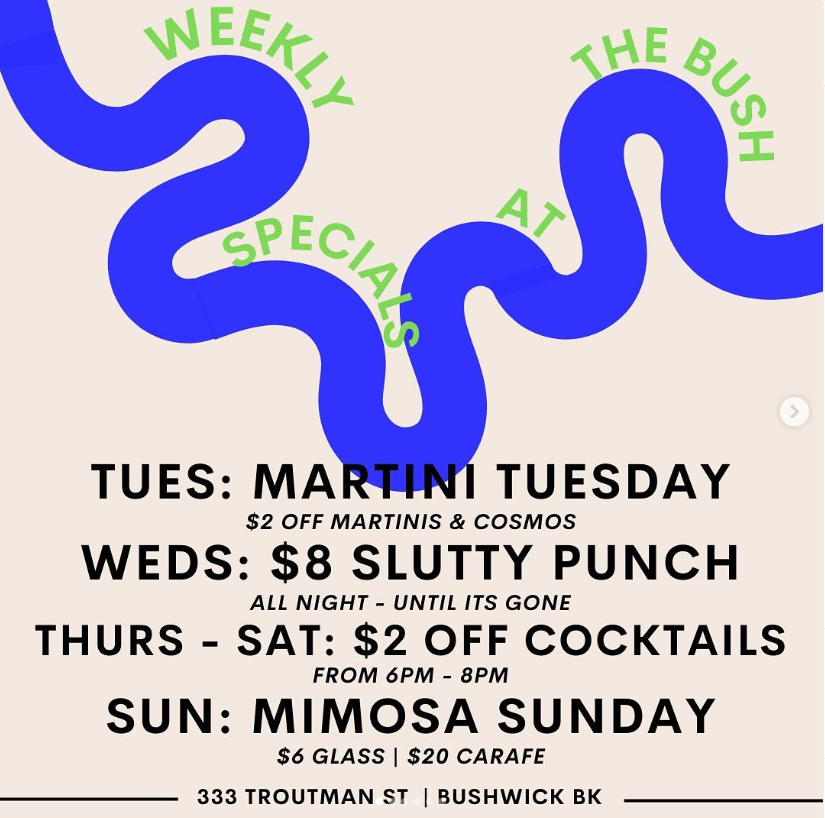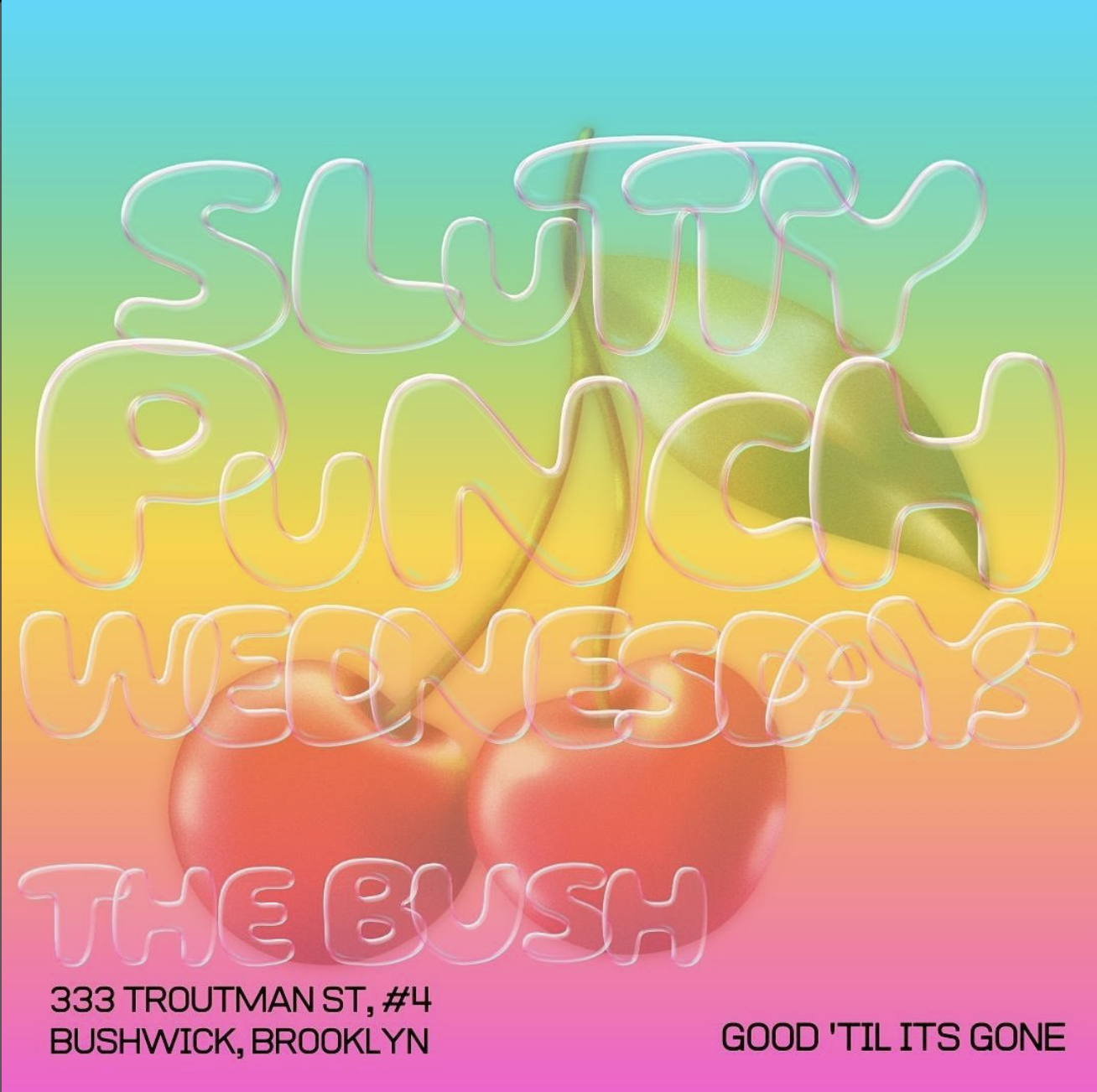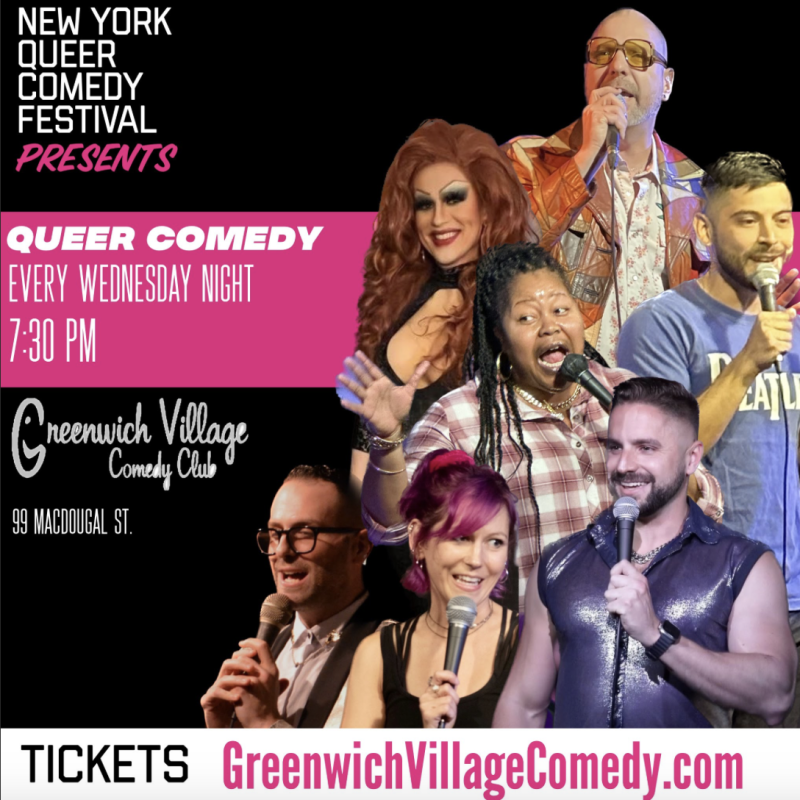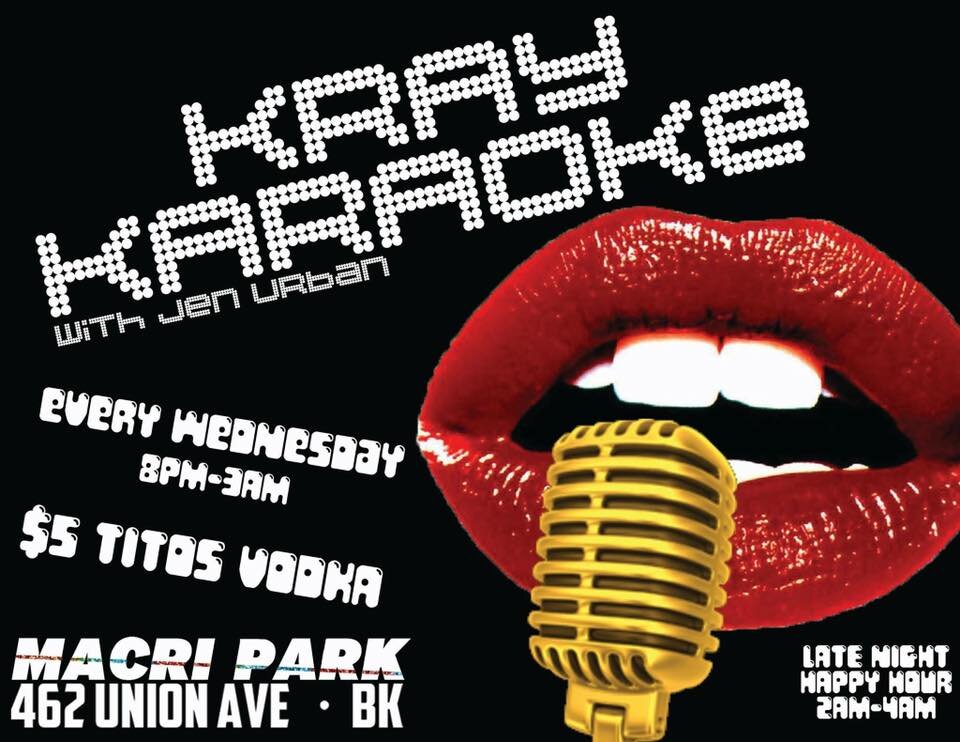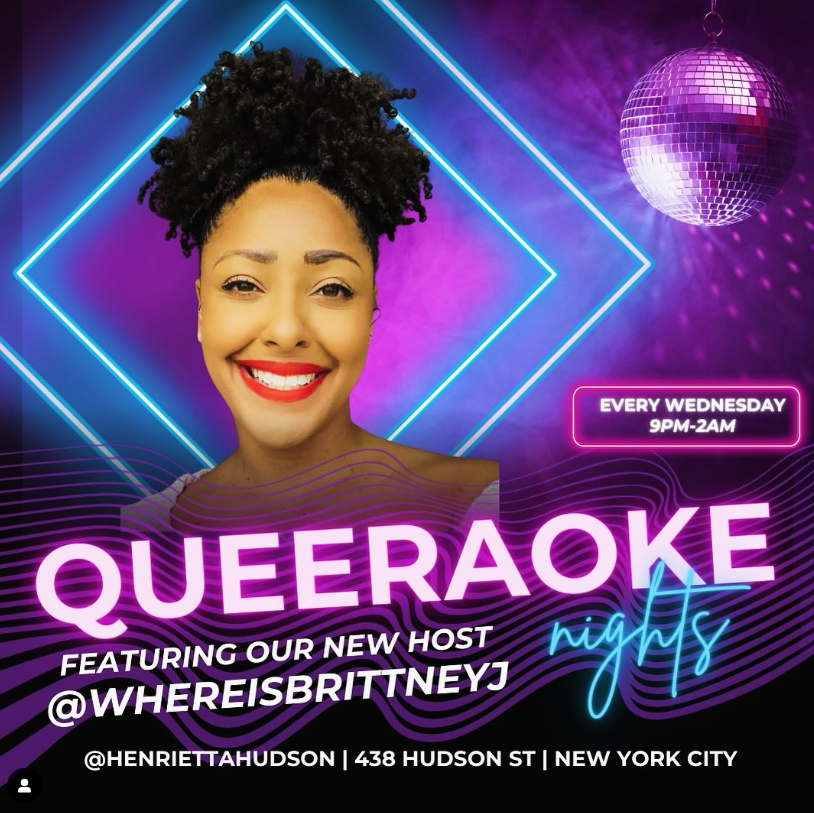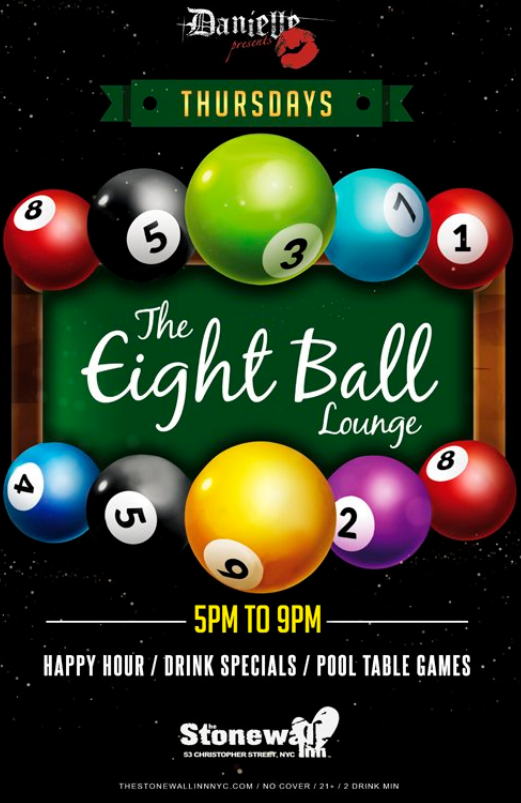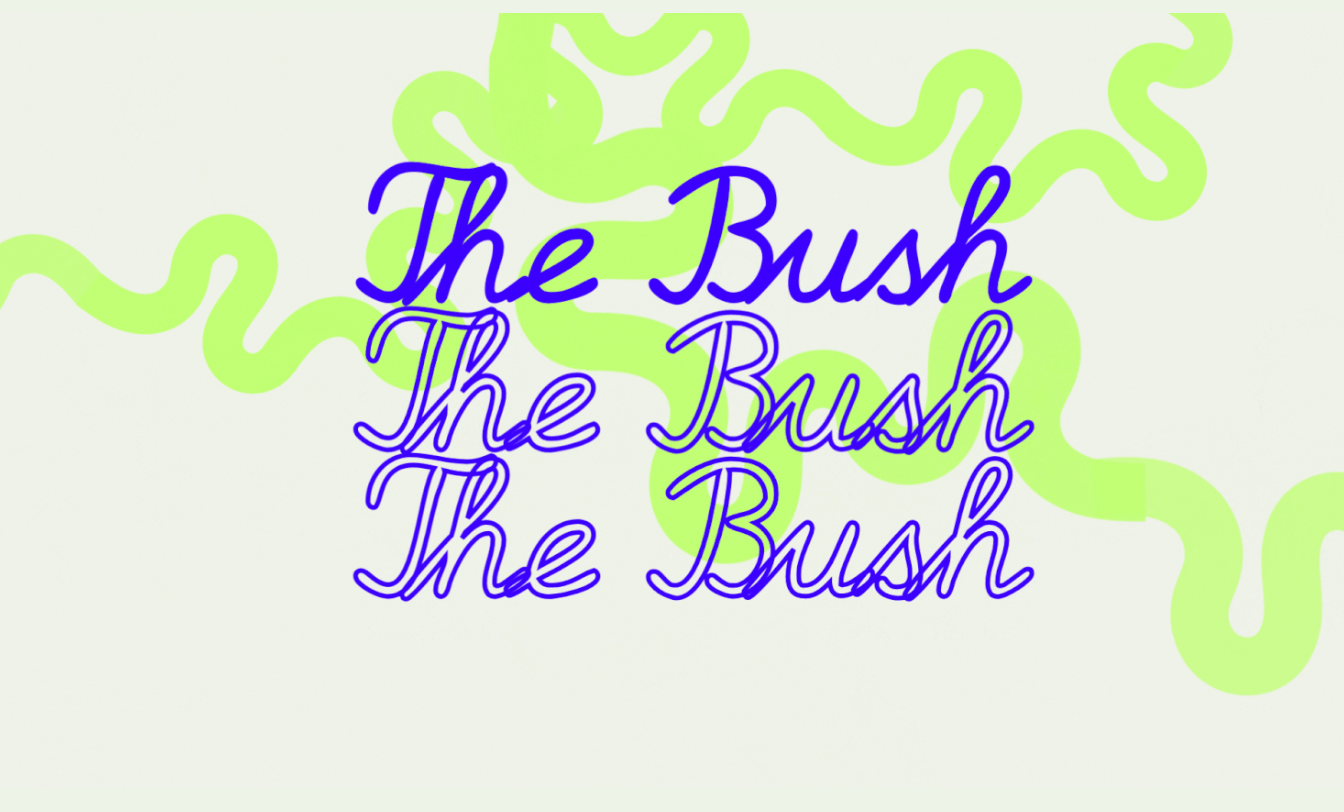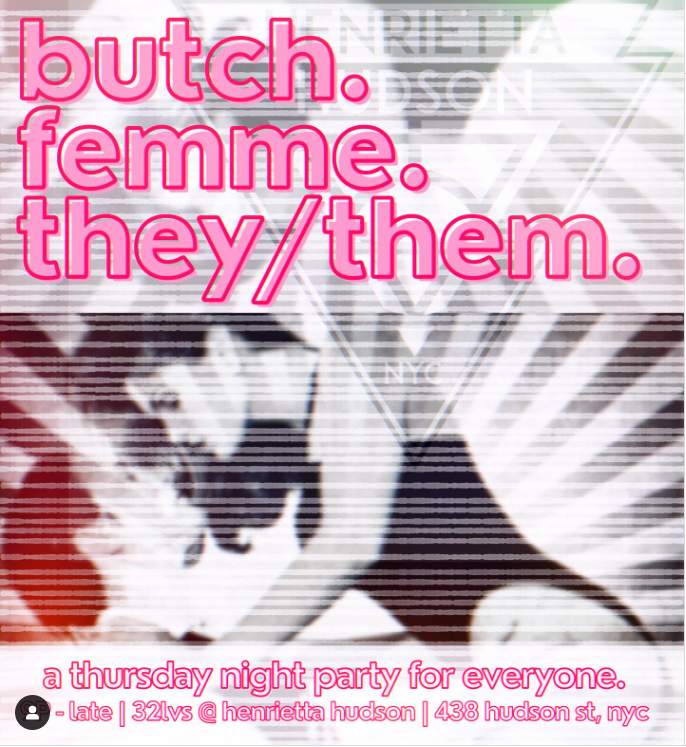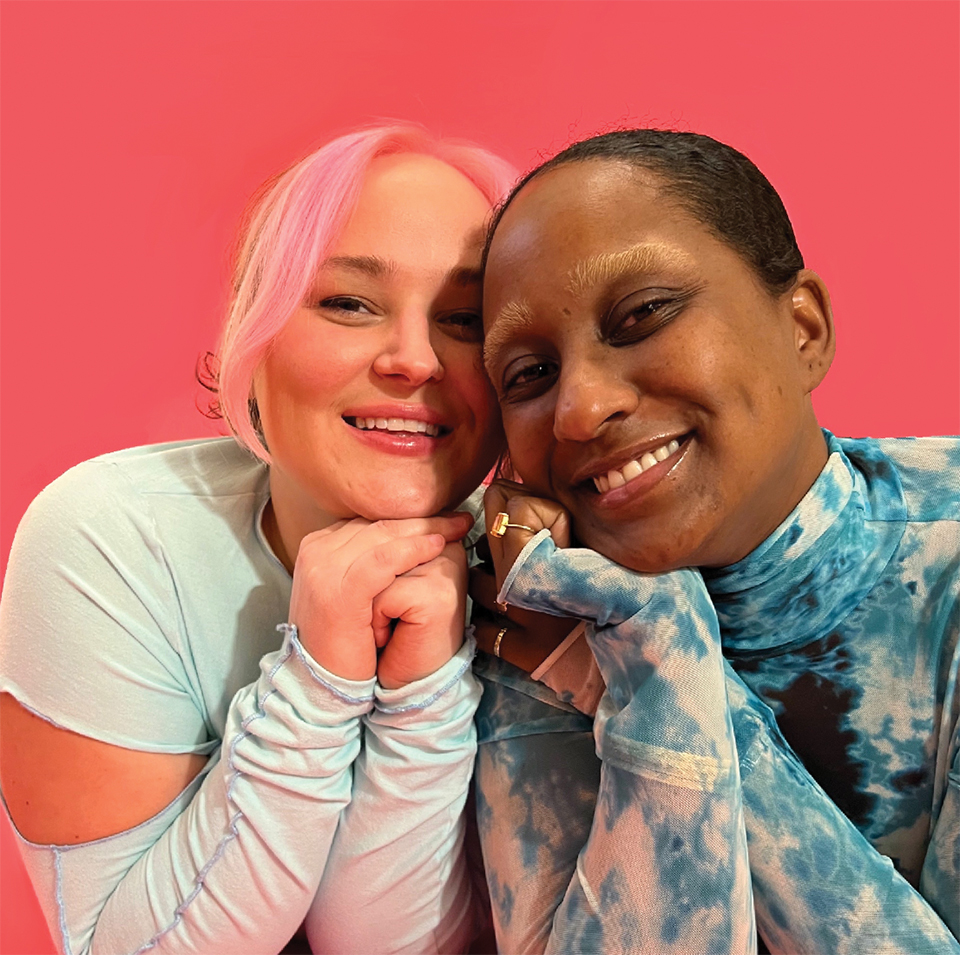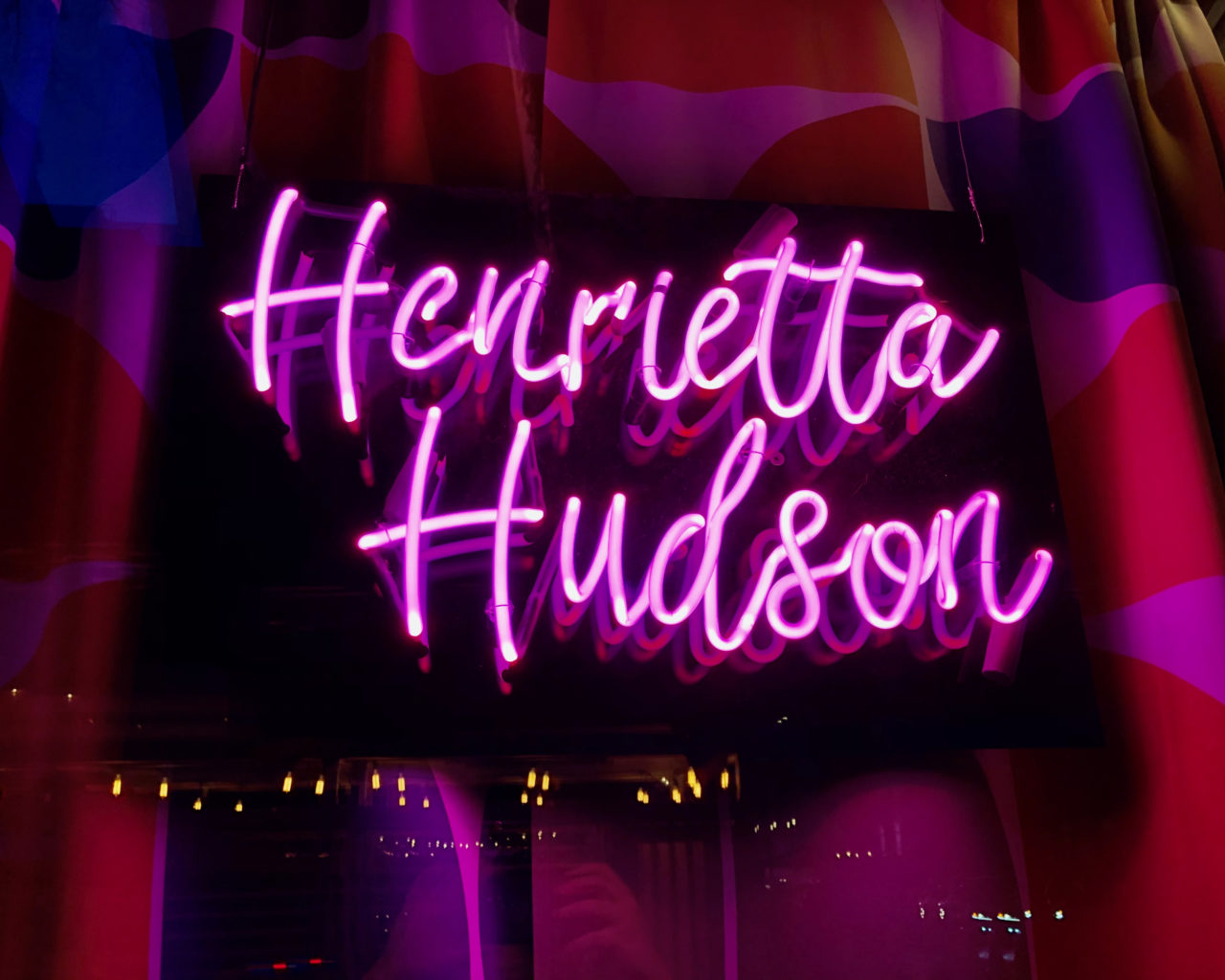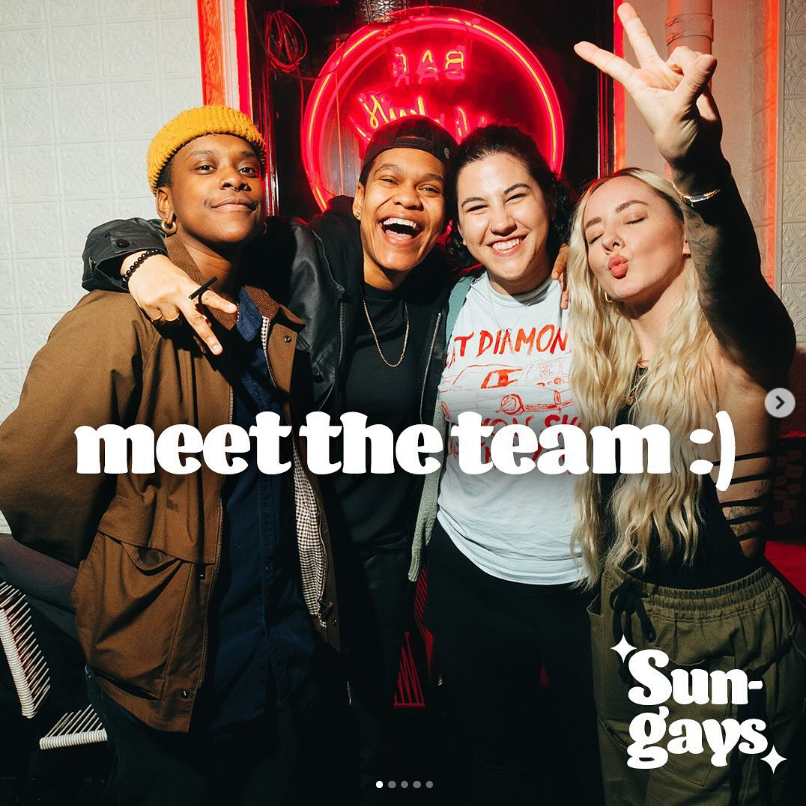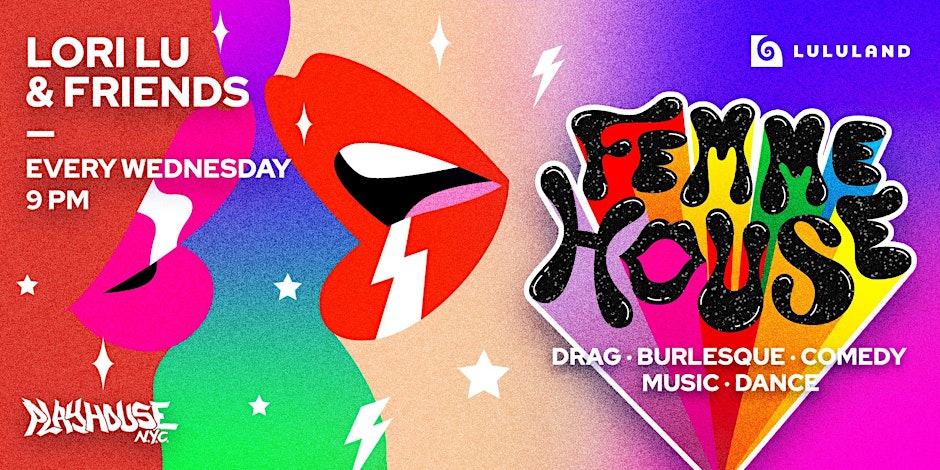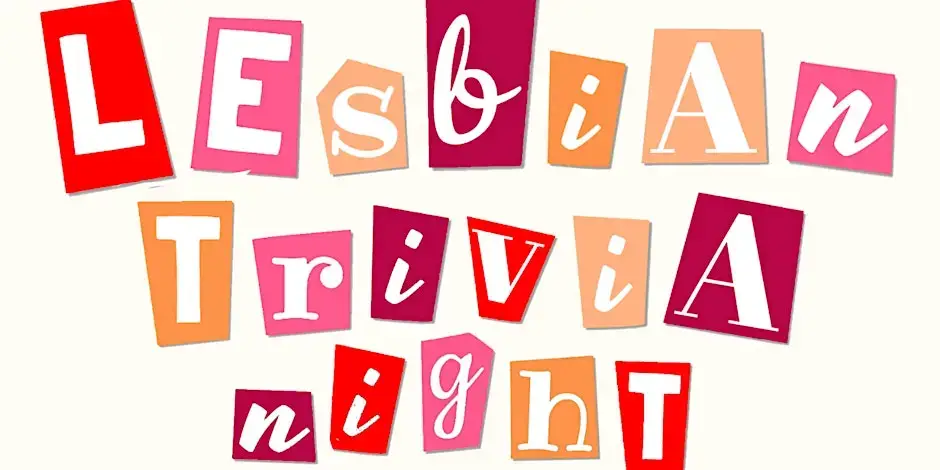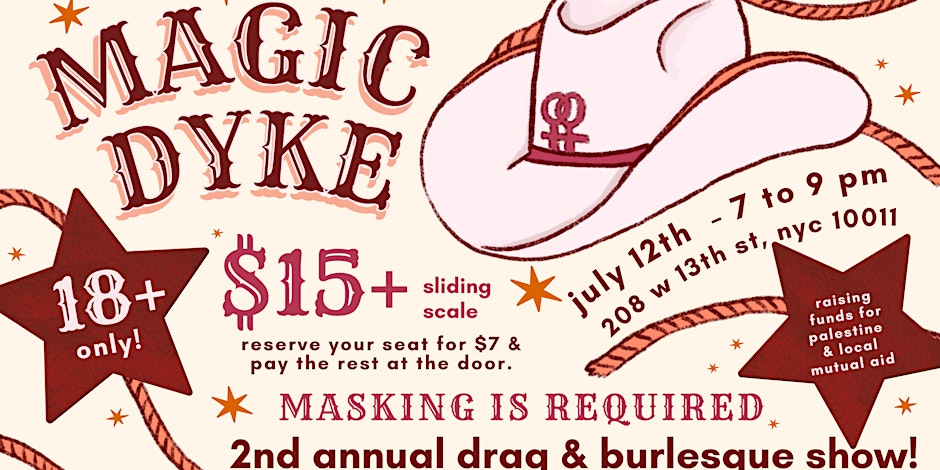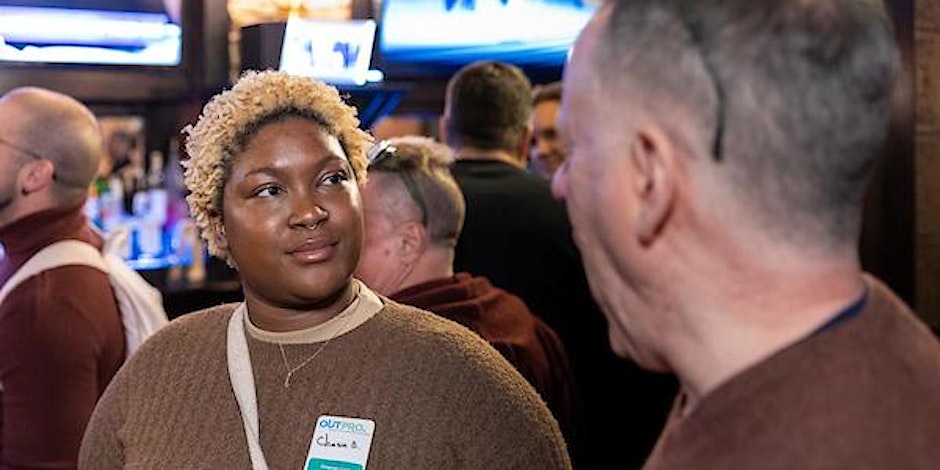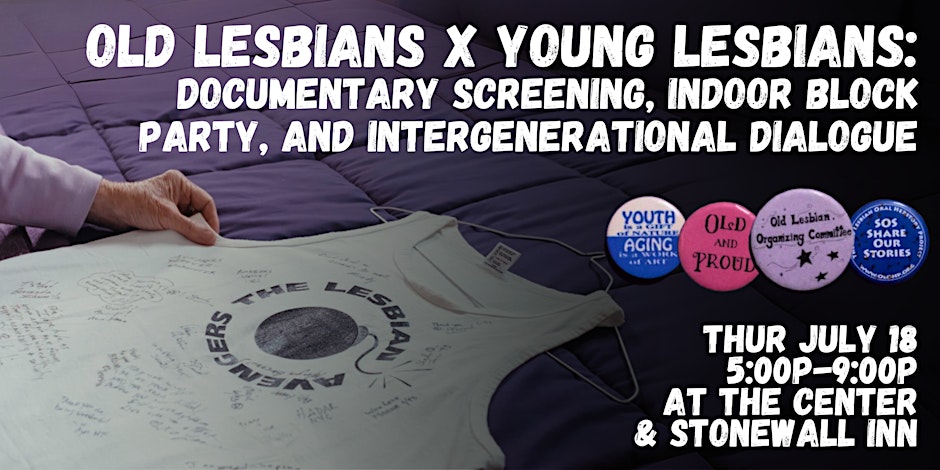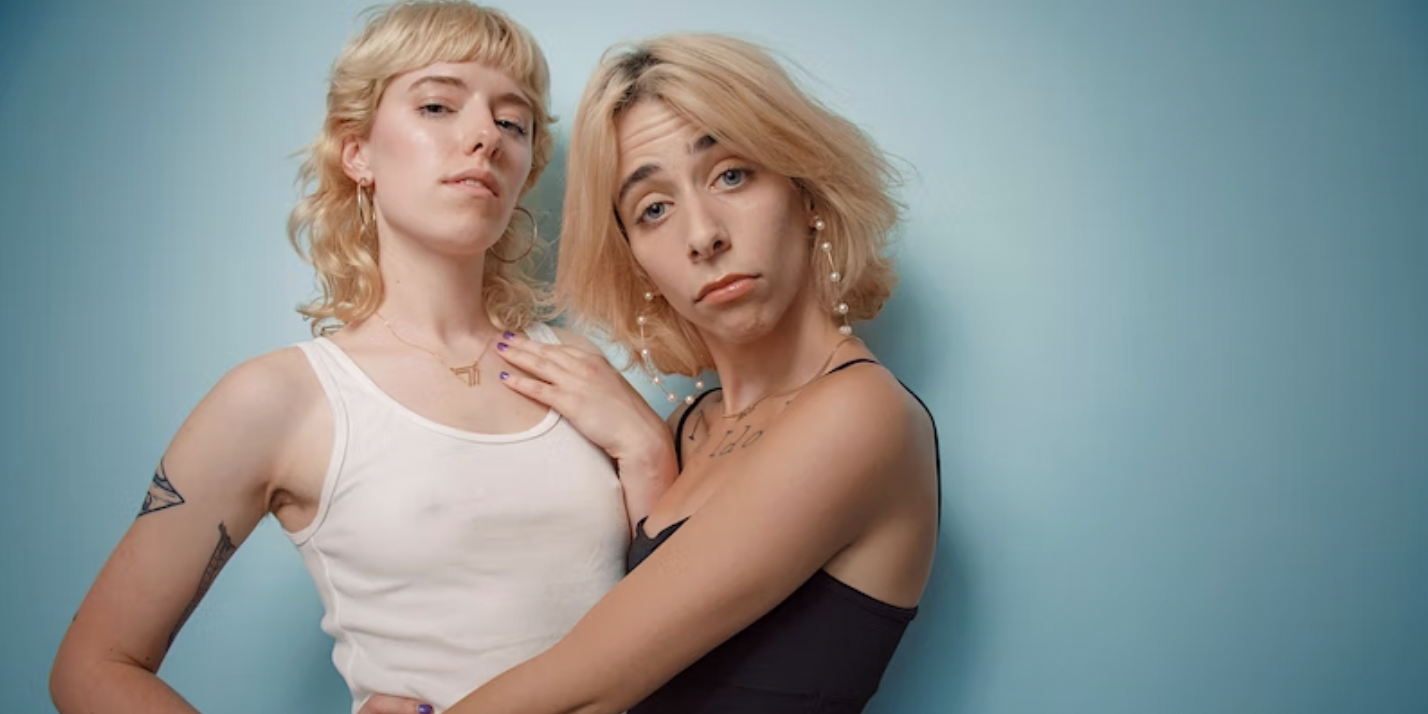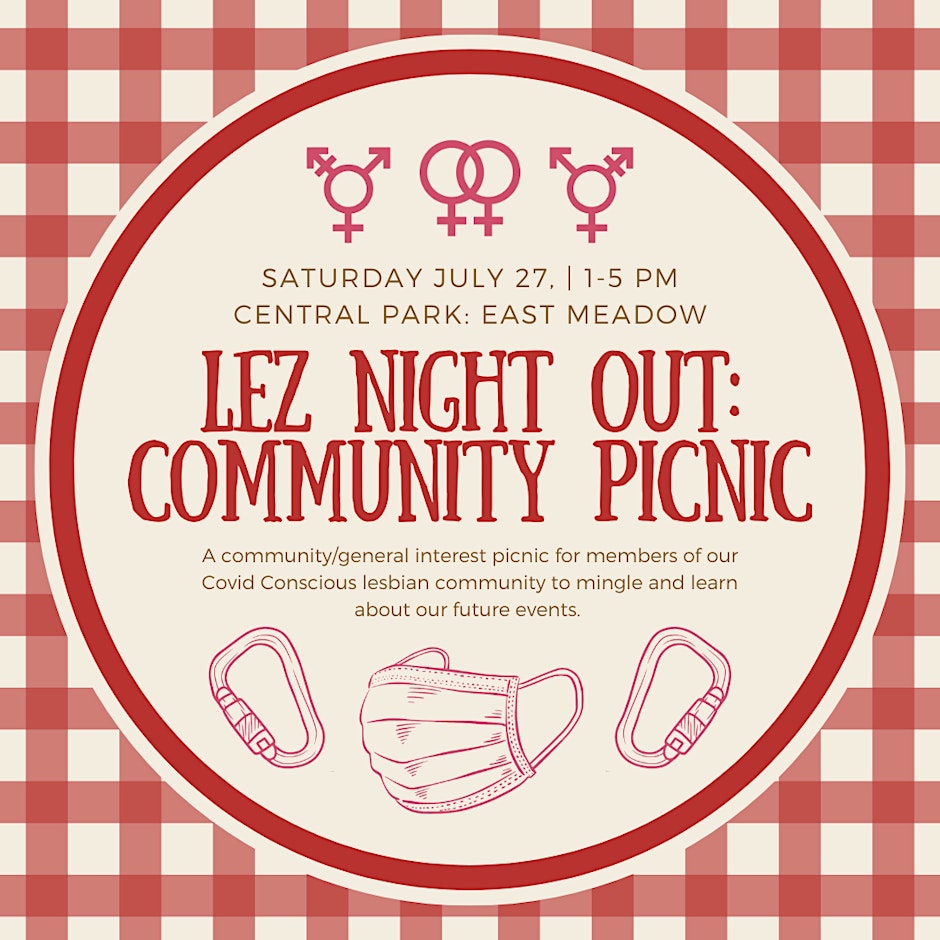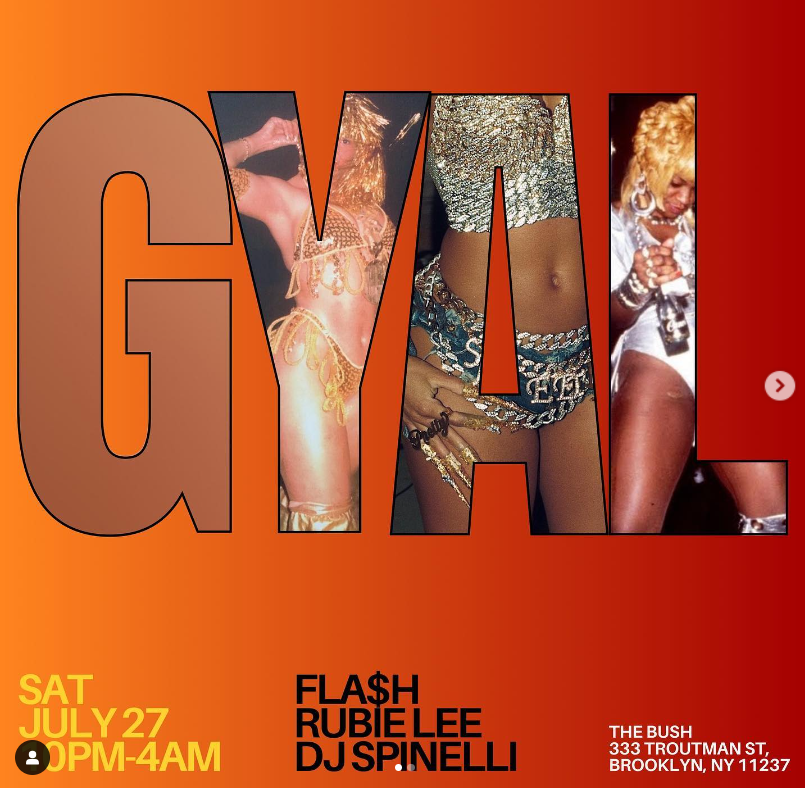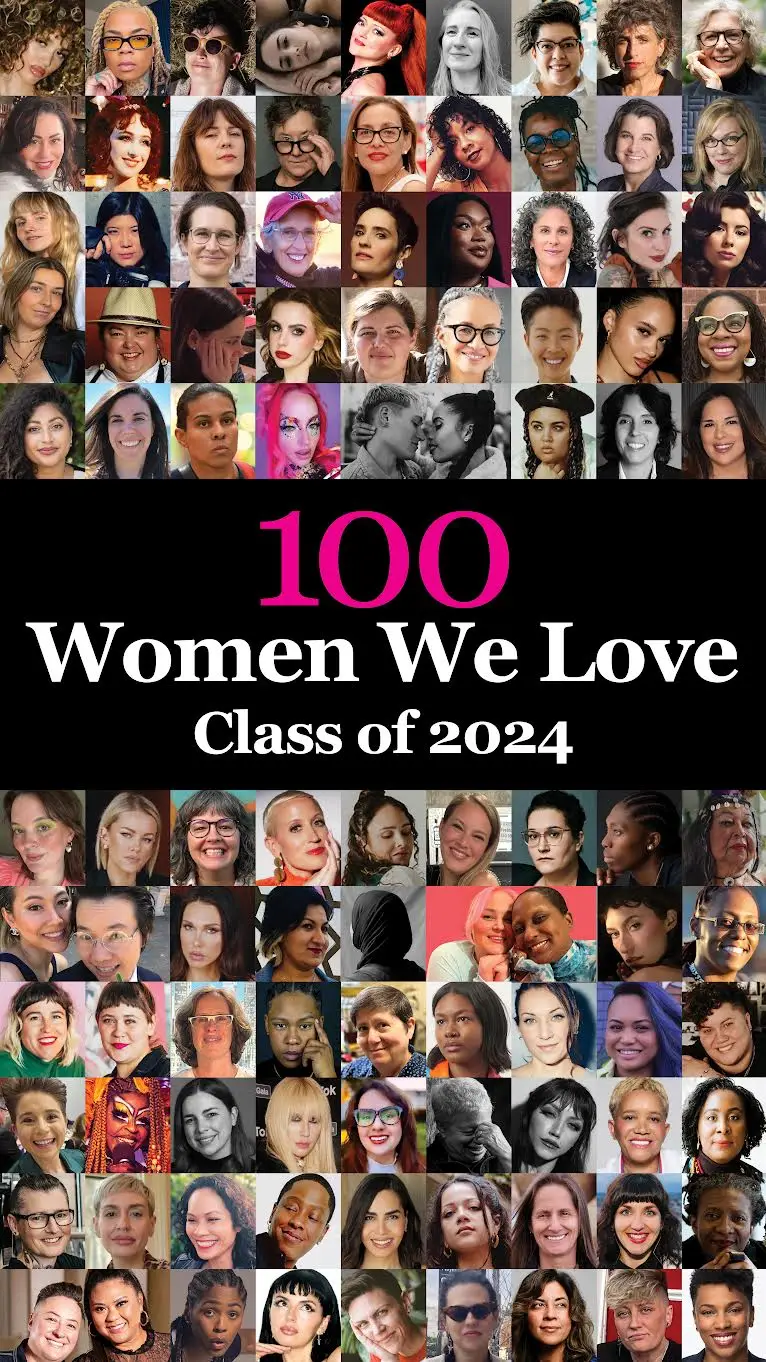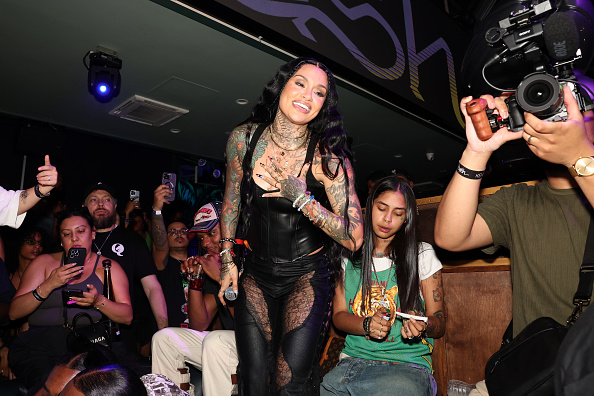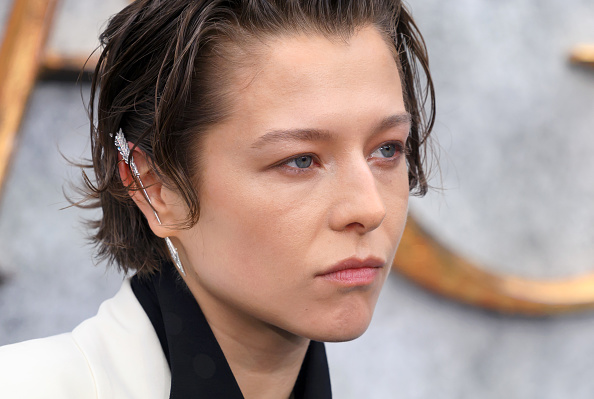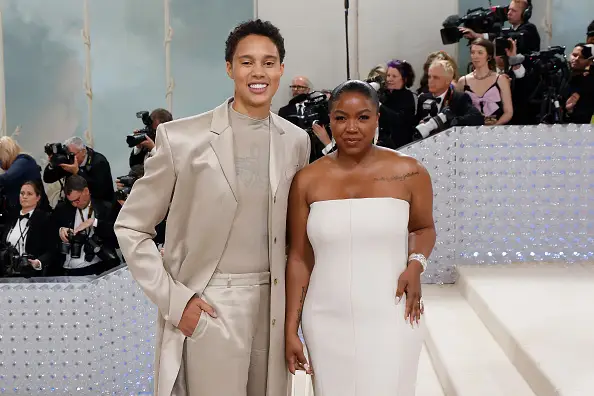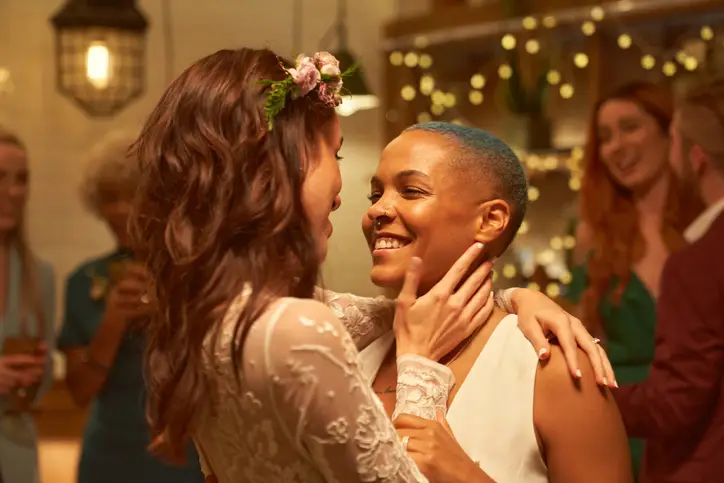On the rare occasion that Facebook and Instagram’s servers go down, people panic. It’s easy to mock the mass hysteria that ensues when we can’t access social media: people suggest that those of us who panic need to get a life and recognize how unimportant social media is. It’s partly true: social media can be an unhealthy distraction from the real world, but, more significantly, it’s also a lifeline for many queer people.
I came out in the early 2000s and joined LiveJournal. There, I made friends with LGBTQ+ people with similar identities, especially genderqueer and trans people, and Leather/BDSM queers. Although most of us used screen names, I became close friends with LiveJournal users and now, over 20 years later, remain in touch with them. Social media often gets a bad reputation for not being a “real” connection, or perpetuating fake or inauthentic connections, but for many LGBTQ+ people, the friendships we make and sustain through online connections are very real.
Jenn Seeley (they/them), a registered psychotherapist who works with clients in Toronto, is a big believer in the benefits of social media for queer people. Seeley tells GO that, “for people who live and love in the margins, it can be especially difficult to see themselves reflected back as uniformly and frequently as heteronormative folks [do]” but social media can be an equalizer in allowing queer folks to see others like us. This connection is especially meaningful for people who are newly out. “For many folks, social media accounts are the first point of being able to freely express repressed parts of self and then have those expressions mirrored back,” they explain. Even for those of us who have been out a long time, social media can be a source of comfort during hard times. “When someone is in crisis, knowing that they can pick up their phone or their laptop and find friends at their fingertips increases their safety.”
Depending on where you live, it can be difficult to form local queer communities. “Because many 2SLGBTQIA+ people live in smaller communities or in regions where extreme conservatism and intolerance exist, having access to friends, acquaintances, and communities in social media spaces are crucial,” Seeley continues. Of course, connecting with people virtually isn’t always easy, and can result in conflicts, but Seeley explains that online conflict can be helpful for our development. “Social media has enabled queer folks to create spaces virtually and practice some harder to foster skills, like setting boundaries and having healthy conflict. Although it can be a messy sandbox to play in, it offers a bit of a buffer when communicating harder things, and safely testing the limits of relationships.” These skills can then be translated into in-person relationships.
“While having online queer buddies may not shield us from in-person harms by others, I believe that solid social connections online have kept so many of us safe from ourselves,” Seeley says. The skills we have honed to stay safe as queer people in the world might make us uniquely positioned to have these close relationships online, even on sites where we only go by online handles, and talk to people we have never met and may never meet. Seeley believes this to be true, because “many of us already excel in the fine arts of masking, hiding, and being stealth for our own safety that we are comfy enough interacting as a bunch of queer pixels.”
I text some of my LiveJournal friends daily, even after 20 years. Most of us have met in person at different times over the years, but our friendships were found/fostered online, and social media is still what helps us remain connected. Although some people might assume the connections we have are surface level, that couldn’t be further from the truth. When I meet online friends in person, sometimes years after we began communicating, it almost always feels like meeting an old friend– because it is. Seeley notes this immediate closeness could be because of the intimacy that queer folks bring into our connections. “We find our communities online and we rally together around auction fundraisers via Instagram, share GoFundMe campaigns with our pals across all channels to help a friend-of-a-friend get their top surgery. We buy the art of people like us. We form new thoughts and ideas about gender through people like us. We get inspired in our self-expression from people like us. And we express our hard feelings so much better when we also see others like us model the same.” Because we’re deeply connected digitally, these friendships often are easy to translate into in-person connections.
We all need connection and community. “Isolation isn’t helpful to humans. Very few of us truly thrive in isolation. It’s not our design,” Seeley explains. They note that for some queer people, social media and online connections can be the best way to fight isolation. “Vulnerability is a privilege that some queers don’t feel that they have, except through our screens and devices.”
While there are many benefits of being active on social media for queer folks, of course, it’s not perfect. “There are many dangers on social media alongside the benefits, but being queer is already inherently dangerous for far too many people living in this timeline,” Seeley says. Online bullying can happen, and people can get into toxic cycles of comparing themselves to others, but it’s important to acknowledge that multiple things can be true at once. “I think it’s harmful to apply all-or-nothing thinking to the helpfulness or the harms of social media and mental health, and instead look critically at where people are spending their time,” Seeley advises. It’s not all good, but for queer people, there can be unique benefits online as a place where we can build, strengthen, and maintain our queer connections. For Seeley, whether you’re connecting to friends online or in person, the most important thing from a mental health perspective is making sure you’re connecting to someone. “The bigger harm here is being without support, and if our support is largely found through social media connections, being without them can feel precarious.”
As I prepare to turn 40, I find myself going through an unexpected divorce and my online queer community is more vital than ever. My social media connections have been the greatest gift and have helped me to find myself all over again. My friends from all over the world have shown up in tangible ways to help me through this time: sending me DMs, forwarding funny memes, texting me first thing in the morning and late at night. My queer online friends remind me that I’m never alone, even when I am physically.


